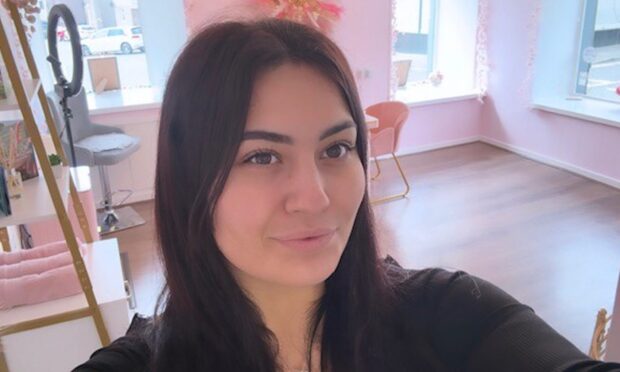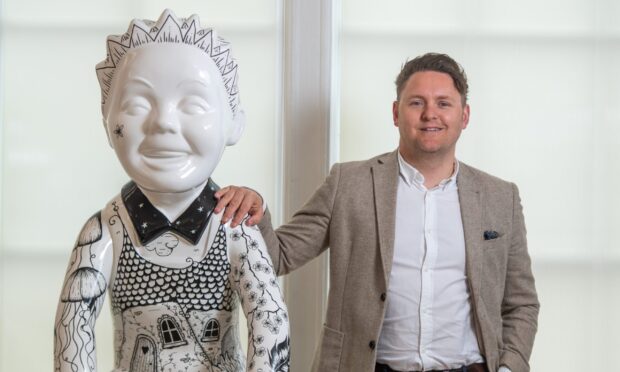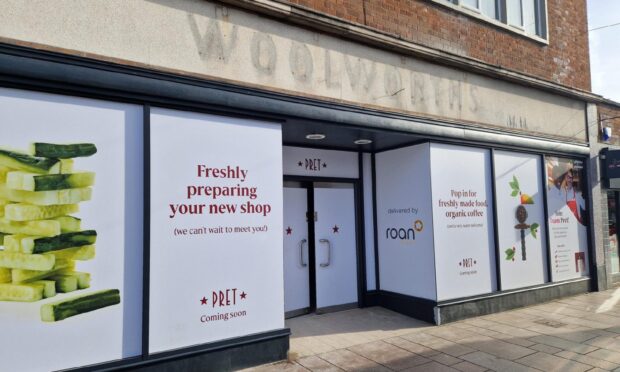Investors looking to the markets during the coronavirus pandemic should keep emotions out of their decisions, according to one of the north-east’s top money experts.
Steven McKnight, principal partner of Aberdeen-based McKnight Associates Wealth Management, said investing during the crisis should involve focusing on “buying low” and retaining the assets they already have with a long-term investment approach, rather than focusing on daily valuations.
Mr McKnight was speaking at the Press and Journal and The Courier’s second virtual business breakfast yesterday morning, in association with McKnight Associates, principal partner practice at St James’s Place Wealth Management.
He was joined by fellow speakers Darren Johnson, head of engagement, investment consultancy at St James’s Place Wealth Management and Alan Lees, Scotland director for BT Enterprise.
Covid-19 has affected many aspects of people’s lives, including savings.
Volatile stock markets and an uncertain pension landscape have left investors wondering how to protect their savings and get their finances on track.
Mr McKnight is well-qualified to lend a helping hand. He has more than 25 years’ experience in financial services and heads up the team, which includes three more advisers, at McKnight Associates.
He said: “The psychology of investing depends on two things, the valuation you look at and the valuation you last saw.
“When you first invest you have excitement and thrill. If the valuation is higher than the previous one you saw you feel optimistic and great and probably at that point you want to invest more. But that’s the period of maximum risk.
“If the valuation is lower, you feel panic, a bit of desperation and ultimately you don’t feel like a successful investor.
“You probably wonder why you invested in the first place and feel desperation and panic. But at the point you feel that it is the point of maximum financial opportunity and our industry is quite unique at that.
“So the psychology of investment, whereby a successful investor really takes emotion out of it and doesn’t look at the valuation of their investments on a daily basis, are effectively able to turn off their emotions and look at buying low and retaining assets that they have.”
Technology key as online work stays the norm
With communication technology playing a major part in business success during the coronavirus pandemic, Alan Lees spoke to the audience about what BT is doing across Scotland.
He said that despite the majority of the country being forced to work from home for the last six months BT was still running at less than 60% capacity, even at times of peak flow.
Darren Johnson, head of engagement, investment consultancy at St James’s Place Wealth Management, said from a recovery perspective it was important to recognise that risks existed, and still remain, pre-Covid.
He said: “We should not look at it as if the world was a safe haven until this virus hit seven months ago and knocked us all for six.
“Any wealth manager has to navigate through a number of risks and not just the one the press is talking about at the time.”










